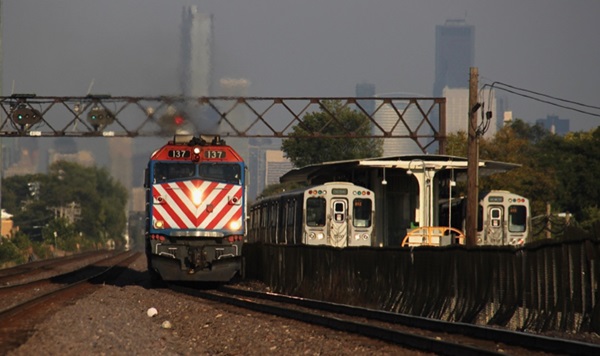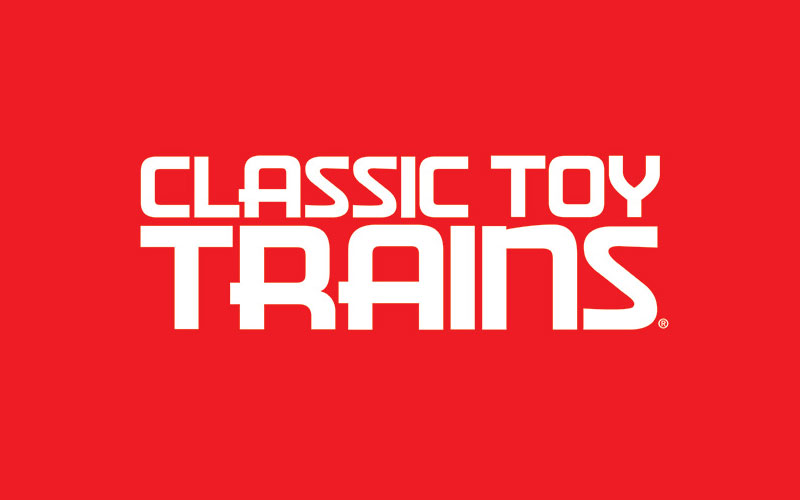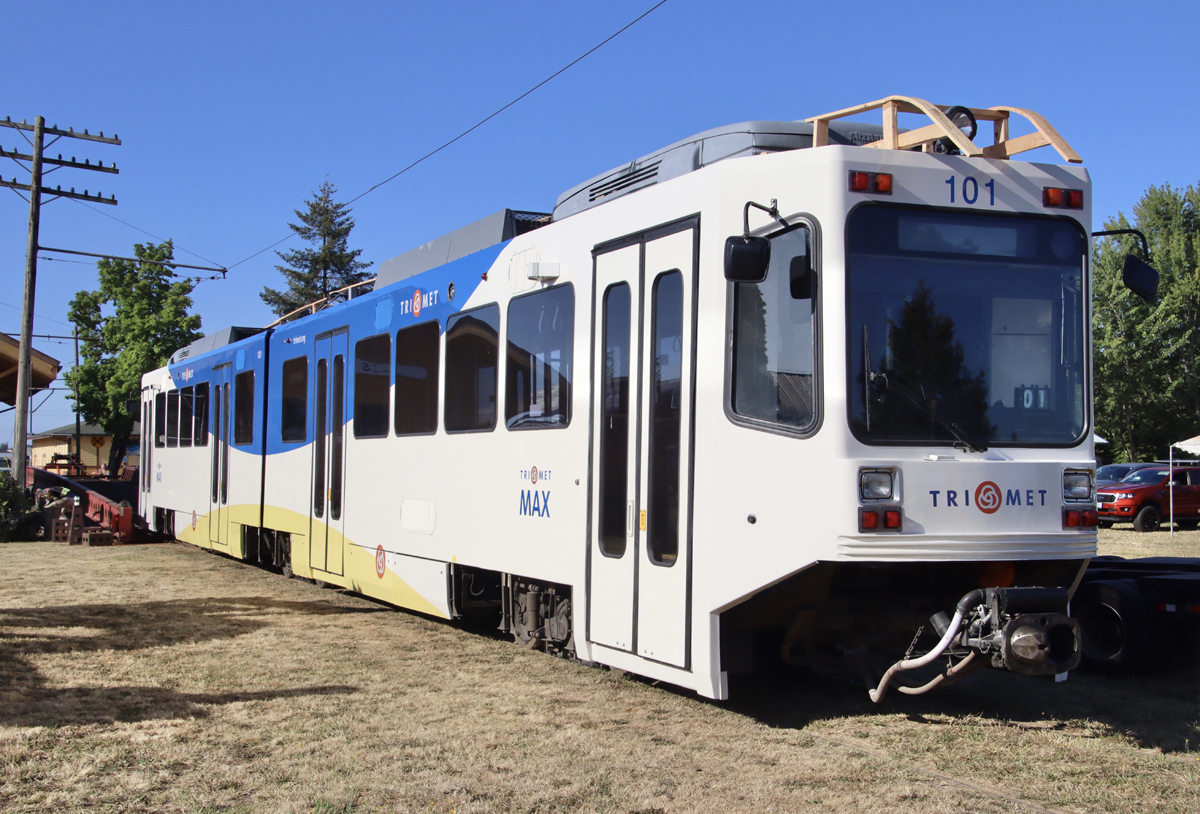
SPRINGFIELD, Ill. — State legislators have proposed a plan to merge Chicago’s three transit agencies and their parent organization into a single entity, and provide $1.5 billion in additional funding for the new organization, WTTW-TV reports.
The 621-page HB 5829, introduced by state Rep. Evan-Dina Delgado (D-Chicago) would create the Metropolitan Mobility Authority, replacing commuter rail organization Metra, the rapid-transit Chicago Transit Authority, bus organization Pace and the Regional Transportation Authority; creates an office of transit-oriented development; and seeks to have the state enact zero-emission vehicle requirements “identical in substance” to California’s, among other provisions. A brief companion bill, HB 5828, provides the $1.5 billion in funding.
“I imagine a time where riders will enjoy a seamless experience where they can easily jump on a bus or a train, feel safe, feel comfortable, pay one universal fare and arrive at their destination on time,” Delgado told WTTW.
State Sen. Ram Villivalam (D-Chicago), a supporter of the bill and head of the state Senate’s Transportation Committee, told the station there is a need to not only address a projected $730 million funding shortfall in 2026 but to for “reimagining public transit. We need both integrated management and increased funding.”
The new agency would be overseen by a board with three directors chosen five directors chosen by Chicago’s mayor, five chosen by the president of the Cook County Board; three selected by the governor; one each by the chief executives of the five “collar” counties that are part of the current RTA (DuPage, Kane, Lake, McHenry, and Will), and one chosen by the other directors. Six non-voting directors would include representatives of labor unions, people with disabilities, and the business community.
The suburban Daily Herald reports that structure drew immediate criticism from state Sen. Don DeWitte (R-St. Charles), minority spokesman on the Transportation Committee. DeWitte said, “I believe one of the reasons we are here … is because of years of mismanagement and fiscal instability have put the CTA in such dire straits that I don’t believe they can survive without a continued revenue subsidy coming from the suburbs. And I believe this whole process is an attempt to garner more control over that revenue stream.”
The Daily Herald also quoted the CTA as saying in a statement that “to attribute the region’s challenges to anything other than a funding shortage is to perpetuate a narrative that will — at best — serve as a distraction to the funding crisis we face.”
RTA, Pace, and Metra officials said they were reviewing the legislation and welcomed discussions on the plan, but Pace and RTA representatives also emphasized the need for more funding.














Any legislation that is 621 pages is not good.
This was tried before with the RTA. Recall some RTA management were convicted and went to prison.
Meanwhile, I think there is some basic high school level punctuation missing from the first sentence of the 5th paragraph.
This merger is one of the very worst ideas – ever. I am certain Metra will be worse off afterwards.
Another $1.5 Billion of Illinois taxpayers’ money heading straight to Chicago. Just one more reason on a long list of why Chicago and Springfield need to be ejected from Illinois.
Yeah, but who would want them?
Why not franchise it out to a commercial contractor? The contractor would be responsible for operation, maintenance, and making a profit. Pricing would have to hit the “sweet spot” between making a profit and not scaring away customers. The only political control would be making sure the operator would want to renew the franchise.
Isn’t that is how O’Hare is run by CDOT. The only rule of thumb is said company has to hire the kids of some politico.
Chicago. Declining population. Declining tax revenues. Declining schools (more to close each year). Declining roads. Declining law enforcement. No money for those.
But if the Bears want to leave, open the tax payers wallet to some billions in taxes to pay to watch 52 millionaires push each other around a grassy field.
Messed up priorities.
CTA is separate because the originator of the RTA (Richard Oglivie) didn’t want to square off with Daley the First. Daley had expended a large amount of political capital getting the CTA built after WW2 in the ashes of several bus and streetcar companies. He didn’t want it to fall into suburban hands.
And that worked as long as Rostie ran House Ways & Means.
Chicago has since lost its clout financially and politically. So has Illinois. So when the tap goes dry, the thirsty gang up to find another teet to suck on.
Coleman Alexander Young was mayor of Detroit 1973 -1993. He insisted on hanging on to the city’s “crown jewels”. Like a failing bus system and other city assets like Belle Isle Park.
Since Coleman left office, Detroit has steadily improved. It’s now a pretty good city, much better governed than Chicago, Philadelphia, SanFran, LA, Portland, Seattle, etc. But to this day Detroit city buses and the suburban bus system have never merged..
Just another good ole fashioned Chicago power grab.
Looks like this Board would have well over 20 participants and I can’t see it being functional any more than what is already in process. If the State sponsors want to do anything then reel in the CTA and restructure it, even bringing in people from outside to run it may be what is needed.
This is a really, really, really bad idea. Chicago will be running this, and the suburbs will be paying all the money. This looks to be like the MBTA in Boston and look how bad that has turned out. As far as subsidy goes, give them less and make them live within their means like the rest of us do.
Yeah, as a teenager in the Boston suburbs I really bought into the MBTA hype. Took me decades to realize what really was going on. Instead of 14 cities and towns supporting the MTA, the MBTA district would tax 74 cities and towns. Actually it worked out really, really well. Until it didn’t.
Will the proposed $1.5 billion in funding cover the costs of new signage, repainting equipment, new letterheads, etc?
I don’t know how funding works in countries such as Switzerland, but there is an extraordinary level of coordination between trams, commuter trains, and intercity trains.
The San Francisco area has the Clipper card for all its transit agencies. I am unsure how well that works, but I find the Clipper payment system easy to use as a visitor.
In Chicago, the left hand never knows what the right hand is doing. There is no effort at any coordination. Regardless of who pays for it, every metra line needs 30 minutes of peak service.
I believe a congestion pricing system should be implemented on the expressways in Chicago. Trucks should be charged a premium during rush hour and not charged for traveling late in the evening or early morning.
I disagree with anything really big. The bigger organizations get, the more unmanageable they get. This is also true for companies and corporations. Look around at the really big corporations and governments and how out of touch they have become with those they serve. I have always believed in keeping it simple. Agencies can work together but not merge.
Charles,I agree. Chicago will control this whole mess and siphon away the
bulk of the money.
Mr. Landey, rather than a polically motivated critisism of the plan, how about a constructive solution.
Lawrence, if I had a constructive solution, I would give it. At all levels of government, expenditures exceed revenue. At the federal level, the difference is made up by printing money. At the state/ local level, the difference is made up by turning to Washington for support which in turn adds to the trillions of dollars that Washington prints.
The so-called environmental movement will further the bankruptcy by demanding more expensive cars, more expensive residential technologies, and especially more expensive energy, in return for zero (if even that) environmental improvement. The only “constructive solution” I have is to vote every single “environmentalist” out of office.
Your own ideas, Lawrence, would be appreciated.
“Lawrence, if I had a constructive solution, I would give it.” says Charles.
He never does have a solution though, just more whining from the Wisconsin Curmudgeon Club President and blame Democrats and Washington because he has no constructive ideas. I’m sure his orange messiah though could do a better job like he did the 4 years he was in charge with lies, deceit and a coup too.
Mark, I could ask the same of you. What’s your solution?
Lawrence, I could ask the same of you. What’s your solution?
Oh, and BTW Mark, since you seem to know my positions pretty well, please inform me when was the last time I said one positive syllable about Donald Trump. The next time I say anything good about the Orange Bomb (if it happens) would be the first time.
RTA of 1974 (that’s half a century) was supposed to coordinate all these agencies. What’s proposed now is to merge all of them and subsume them into the liberal – Democrat – enviro – socialist ideal of so-called zero emissions and big-government land use control.
Also to subsume CTA’s debt and mismanagement into the suburban agencies, which have their own fiscal issues.
Sounds like out of the frying pan, into the fire.
Beware of metropolitan government. It’s sold as a way to coordinate and to improve governmental services, which would be fine and dandy if it were true. The reality is, the actual purpose of metropolitan government is to widen the tax catchment area for the central cities.